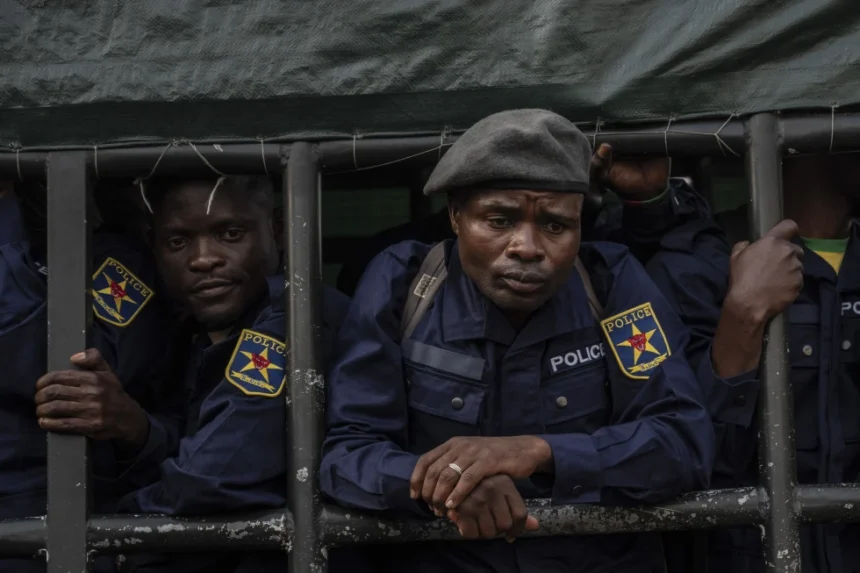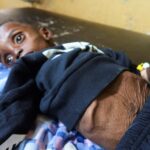The cycle of violence in eastern Congo continues unabated as the M23 rebel group has recently made significant inroads into another town, disregarding international calls for a ceasefire. The resurgence of these rebels, characterized by military maneuvers and territorial consolidation, raises serious concerns for stability in a region already plagued by conflict and humanitarian crises.
On March 27, 2023, reports emerged that M23 forces had taken control of the strategic town of Kitshanga in North Kivu province. This move marks a troubling continuation of their campaign to cement control over resource-rich territories in eastern Congo, which has been a hotspot for armed conflict for decades. Witnesses described scenes of chaos and fear as the rebels entered the town, prompting residents to flee and seek refuge in safer areas.
The M23, or March 23 Movement, emerged in 2012, claiming to defend the interests of the Tutsi community in Congo. Initially defeated by Congolese forces, the group was accused of receiving support from Rwanda, a claim that both the Rwandan government and M23 deny. Nevertheless, the UN and various human rights organizations have consistently highlighted the group’s human rights abuses, including killings, rapes, and the recruitment of child soldiers.
The situation has become increasingly dire, as regional and international efforts to broker peace have repeatedly failed. Just days before the M23’s latest offensive, African leaders, including those from Kenya and Uganda, convened a summit to discuss strategies for halting the violence. Their calls for a ceasefire were often met with skepticism. Reports from UN sources indicated that the conflict had already displaced over 1.2 million people in North Kivu, emphasizing the need for urgent humanitarian intervention.
In the face of escalating violence, the Congolese government has expressed a renewed commitment to repelling the M23’s advance. However, the military has struggled to contain the rebels, faced with allegations of corruption, lack of resources, and low morale among troops. Local analysts suggest that the government’s inability to secure adequate military support from international allies compounds the issue, leaving the civilian population vulnerable to the whims of armed groups.
Evidence from various human rights organizations underscores the alarming realities on the ground. The International Rescue Committee reported an increase in violent incidents and abuses against civilians as the conflict escalates. Additionally, hospitals are overwhelmed with casualties, with local NGOs warning of the looming threat of starvation and disease in the mass displacement camps that have sprung up.
The recent developments in southeastern Congo call into question the effectiveness of existing peacekeeping missions. The United Nations Organization Stabilization Mission in the Democratic Republic of the Congo (MONUSCO), which has been present in the region for nearly two decades, has faced criticism for its perceived ineffectiveness. While it plays a crucial role in protecting civilians, critics argue that a stronger mandate or more robust engagement is necessary to address the root causes of the conflict.
Amidst this turmoil, the voices of ordinary Congolese are often overshadowed by political rhetoric and international diplomacy. Local residents express a deep sense of despair and frustration—a yearning for peace and stability that seems perpetually out of reach. “All we want is to live peacefully, without bullets and fear,” said a displaced mother sheltering in a makeshift camp.
As the M23 rebels continue their campaign unabated, the stakes for eastern Congo remain alarmingly high. Without immediate intervention and a united front against armed groups, the humanitarian crisis is likely to deepen, leaving untold suffering in its wake. The international community must heed the warnings, pressure for a meaningful dialogue, and ensure that the people of eastern Congo can reclaim their futures, free from the clutches of violence and instability.
Email Us on editorial@nnafrica.com













